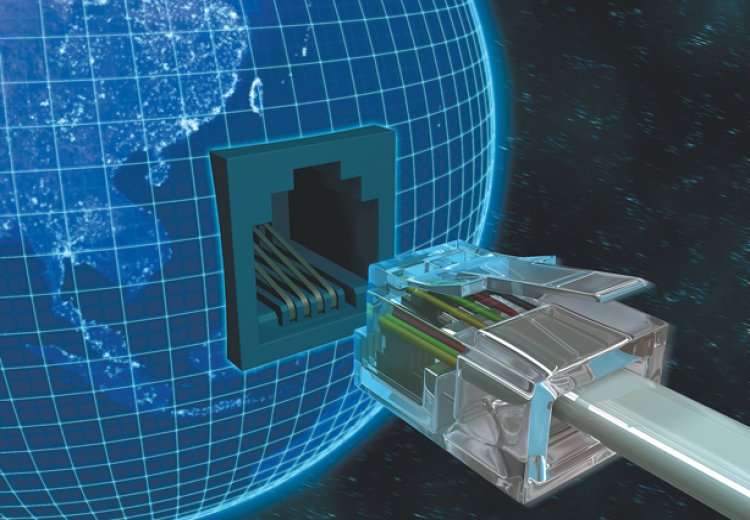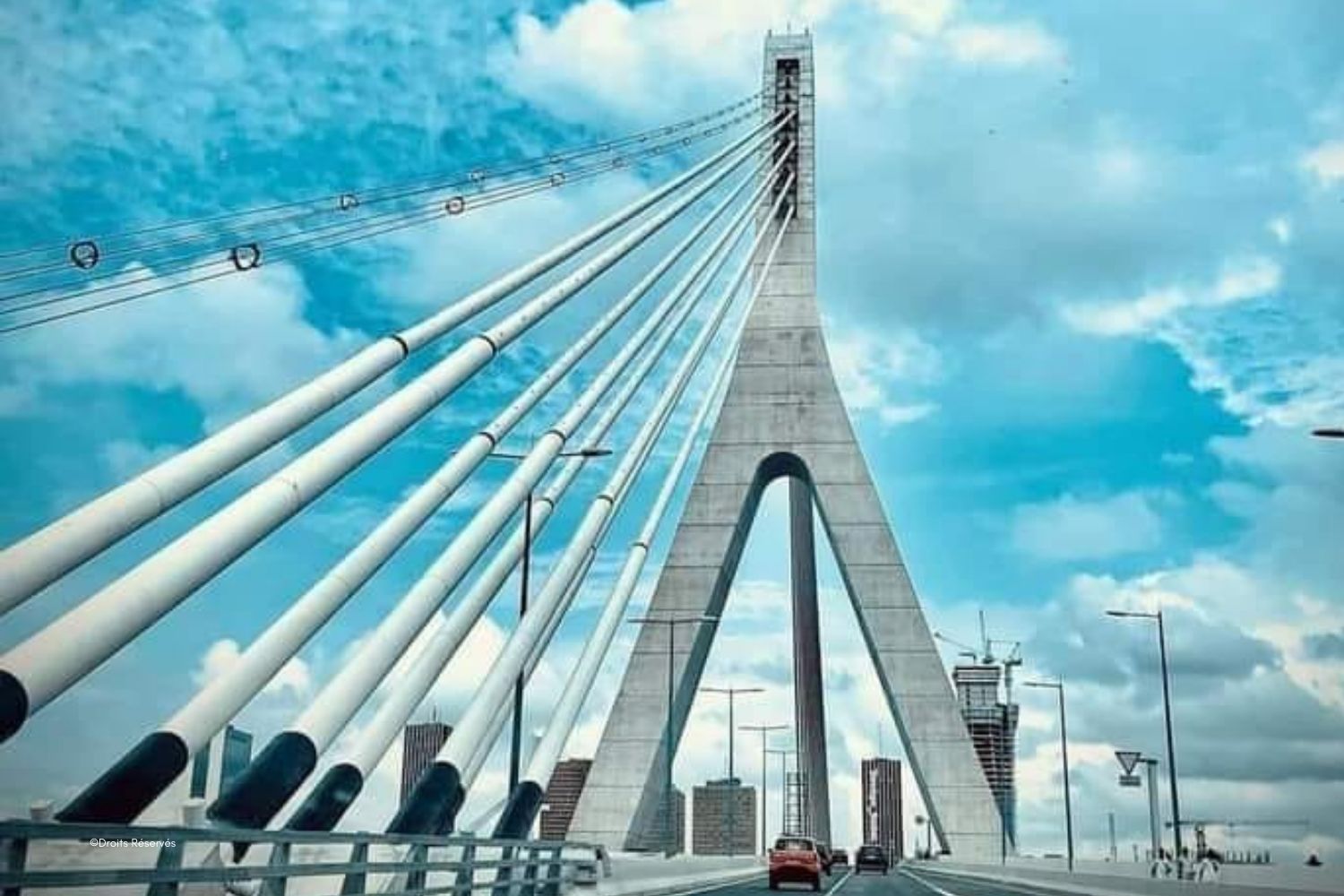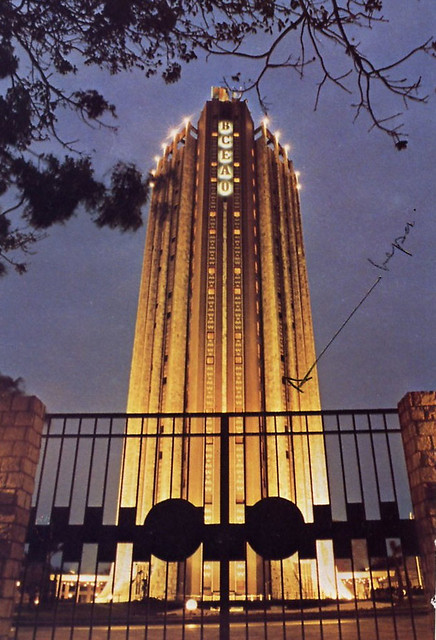Ivory Coast joins the top three African champions in connectivity
The rise of digital usage on the African continent, catalyzed by the widespread adoption of online services, remote work, distance education, and streaming, is driving an increasing demand for high-speed connectivity. Fiber optics, as a very high-speed transmission technology, is now establishing itself as a strategic infrastructure to support this transition. In this context, Côte d'Ivoire has made a remarkable breakthrough, ranking 3rd in Africa in the Fiber Development Index (FDI) 2024, published by the World Broadband Association (WBBA) in partnership with the British firm Omdia.
This ranking evaluates 93 countries across seven key indicators, including fiber penetration rates to homes (FTTH) and businesses (FTTB), mobile site coverage, median download speed, and average latency, placing Côte d'Ivoire just behind Mauritius and South Africa. In 2023, the country was still in 8th place on the continent, behind economies such as Ghana, Nigeria, Egypt, and Uganda.
This rapid progress reflects the Ivorian government's commitment to making the country a regional digital hub, supported by an ambitious national strategy for the development of ICT infrastructure. Led by the National Agency for Universal Telecommunications Service – ICT (ANSUT), the National High-Speed Network (RNHD) project plans to deploy nearly 7,000 km of fiber optics. To date, 5,207 km have already been installed by the state, in addition to 24,645 km deployed by private operators (Orange, MTN, and Moov) across the national territory.
This public-private collaboration, facilitated by an investment-friendly telecom policy, has allowed Côte d'Ivoire to catch up on significant infrastructure delays, despite budget constraints encountered between 2018 and 2022, which had slowed the implementation of the RNHD.
Looking ahead to 2025, ANSUT aims to take a new step with an ambitious activation strategy for the RNHD, centered around a pilot section of 1,500 km. This strategic corridor will connect the main urban centers of Abidjan, Yamoussoukro, Daloa, Bouaké, and Korhogo, ensuring smooth interconnection of public infrastructures while enhancing connectivity offerings for Internet service providers (ISPs). Full commissioning is scheduled for September 2025, with a six-month execution timeline, illustrating the executive's commitment to positioning connectivity as a lever for economic, social, and administrative transformation. This advancement thus consolidates Côte d'Ivoire's position as one of the digital leaders on the continent and confirms the strategic role of high-speed infrastructure in the competitiveness of emerging economies. *Source: Agence ecofin, Editorial Team MEPD Web Portal*




